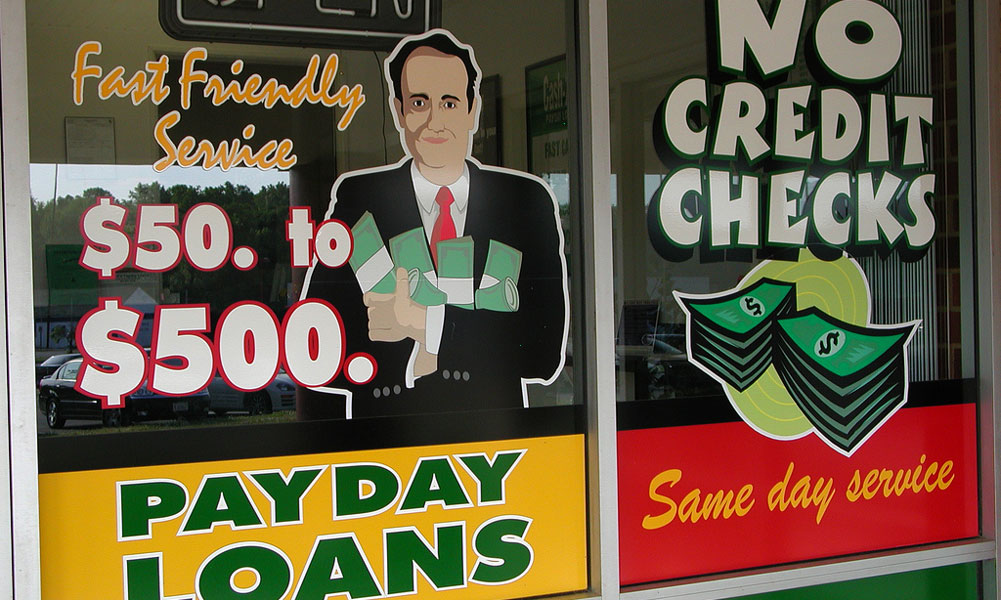
Google’s New Payday Loan Policy Draws Mixed Response
The company announced this week that it would block payday loan companies from advertising on its platform. Civil rights groups, which had pushed for the change, praised the move, but the primary association for the payday loan industry said the strategy was akin to censorship.
It’s not often that Google bans advertisements for an entire line of products from the search engine—which makes its decision to drop the hammer on payday loan products stand out.
On Wednesday, Google announced that, starting July 13, it will no longer accept AdWords ads from payday loan companies or financial services firms that offer products with short repayment cycles and high interest rates. More traditional financial products such as credit cards, student loans, and mortgages will not be affected.
“We’ll continue to review the effectiveness of this policy, but our hope is that fewer people will be exposed to misleading or harmful products,” David Graff, Google’s director of global product policy, said in a blog post.
The move came after a push by civil rights groups, including the Leadership Conference on Civil and Human Rights. “This new policy addresses many of the longstanding concerns shared by the entire civil rights community about predatory payday lending,” said Wade Henderson, the group’s CEO. “These companies have long used slick advertising and aggressive marketing to trap consumers into outrageously high-interest loans—often those least able to afford it.”
An array of other advocacy groups, including Americans for Financial Reform, the National Hispanic Media Coalition, and the NAACP, also supported Google’s new policy, arguing that it helps protect the public from predatory products.
The payday loan industry called the claims of predatory practices misleading. The top comment on Graff’s blog post is from Manjush Varghese, a vice president for ACE Cash Express, who argued that the ban would hurt customers. He criticized Google for choosing not to engage with his company on the issue and for deciding to rebuff a “a long-standing, responsible advertiser.”
Likewise, the Community Financial Services Association of America, the primary trade group for the payday loan industry, called Google’s decision “a form of censorship.”
“Google is making a blanket assessment about the payday lending industry rather than discerning the good actors from the bad actors. This is unfair towards those that are legal, licensed lenders and uphold best business practices, including members of CFSA,” the group argued in a news release.
Meanwhile, the payday loan industry is increasingly facing regulatory challenges. According to an in-depth feature in the current issue of The Atlantic, such firms are “slowly being regulated out of existence,” with no evidence of an alternative emerging.
(Taber Andrew Bain/Flickr)






Comments